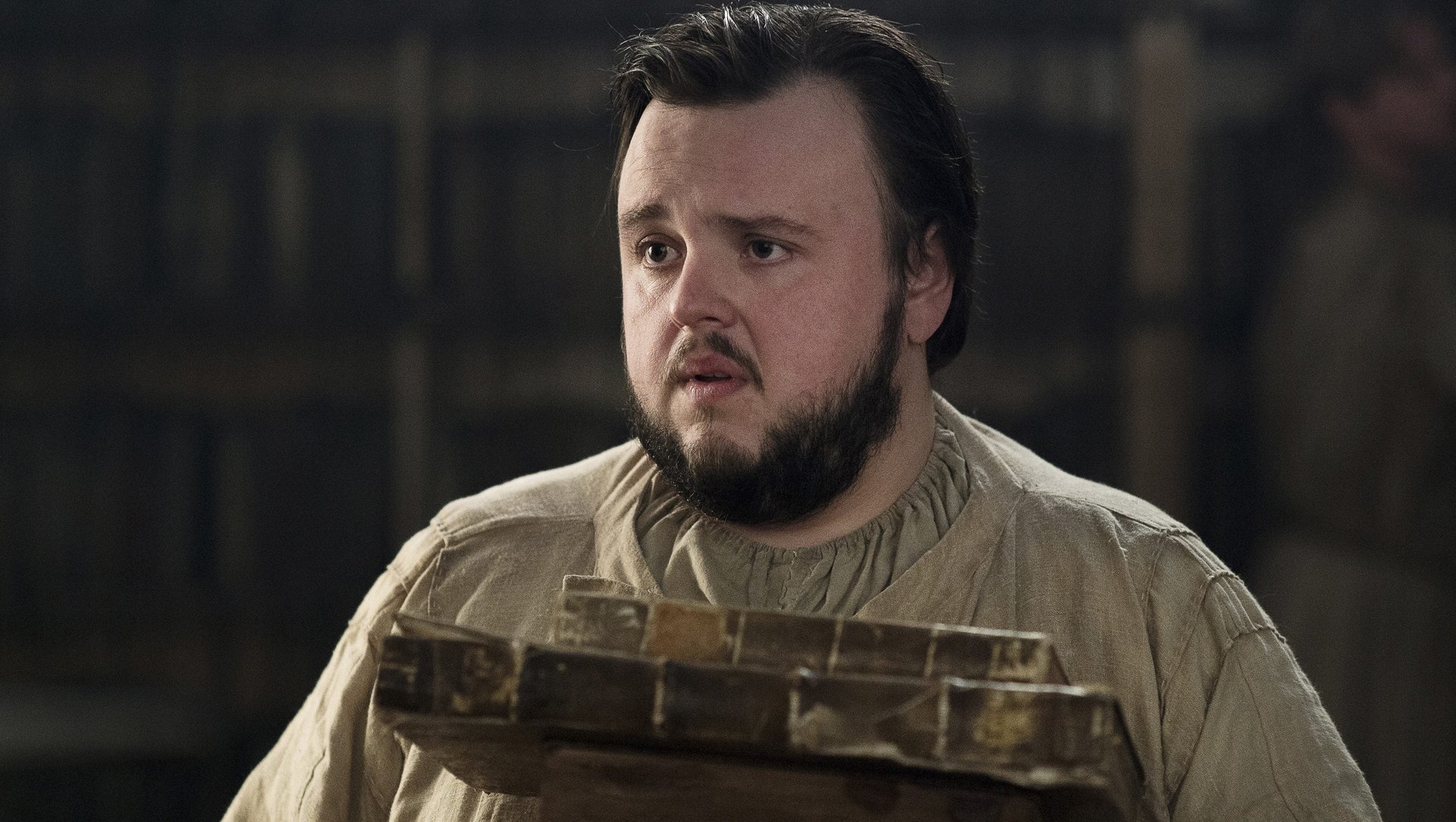“Game of Thrones” just aired its funniest episode ever
As its plot darkens, Game of Thrones is trying to lighten the mood.


As its plot darkens, Game of Thrones is trying to lighten the mood.
The HBO drama’s hugely anticipated season seven premiere, “Dragonstone,” aired last night (July 16), and considering how the show ended last season, it seems like the episode is a sign that Game of Thrones is making a concerted effort to wink at its enormous audience more and take itself a tad less seriously.
The pièce de résistance of last night’s premiere was a gross montage of one character cleaning bedpans and pouring soup. In a show filled with severed heads and horribly disfigured corpses, the bedpan montage was perhaps the most viscerally disgusting scene the show has ever put together.
And yet, it was also hysterical. Game of Thrones has had plenty of moments of levity before (who could forget Tyrion dragging his chair at a small council meeting as the other council members watched in silence, or Edmure Tully’s terrible archery skills), but this scene was arguably its greatest example of the actual filmmaking process serving as the punch line. The fact that one character had to empty out used bedpans itself wasn’t the joke. The joke, rather, was the zippy, back-and-forth editing that gave the scene its hilariously meta feel.
Director Jeremy Podeswa (and his team of editors) deserve an award for the scene alone:
The episode was also packed with other humors tidbits, from a cameo by pop star Ed Sheeran, to Tormund’s continued unrequited love for Brienne, to the witty repartee between the Hound, Beric Dondarrion, and Thoros of Myr—Thrones’s new Three Musketeers.
In the last episode of its previous season, Game of Thrones gave its most obvious (but still satisfying) wink to the audience when Olenna Tyrell told the “Sand Snakes”—often considered by fans to be the most poorly written characters on the show—to shut up. You could sense the Thrones writers acknowledging the distaste for these characters, using Olenna as a proxy. The bedpan montage, along with Sheeran’s cheeky appearance, felt similarly playful. In Sheeran’s scene, the English singer notes that the song he’s singing is “new,” a reference to how “The Rains of Castamere,” another song written for the show, has been used ad nauseam.
The effort to lighten things up a bit (without changing tone entirely) is a strategy that has worked for other dour shows, including HBO’s The Leftovers. The drama remained emotionally intense and bleak in seasons two and three (its last), but also sprinkled in great comedic moments—most of which also served as nods to the audience. A meme about the size of one male actor’s genitals created by viewers made it into the last season of the show in an amazing way. Critics were unanimous in saying seasons two and three of The Leftovers were far better than its relentlessly gloomy debut season.
Thrones‘s increased humor coincides with the show’s increased empathy in its latter years. Vulture critic Matt Zoller Seitz points out that the show has inched towards something many might consider to be “progressive”—more nuanced politically (and with more complex characters) now that it’s no longer tied so closely to George R.R. Martin’s novels. You might say that Game of Thrones is at least trying to become more “woke,” though it still has plenty of work to do in several areas.
You can watch more discussion of the show’s newfound levity on the second episode of “Joffrey’s Place,” Quartz’s weekly Game of Thrones Facebook Live series: